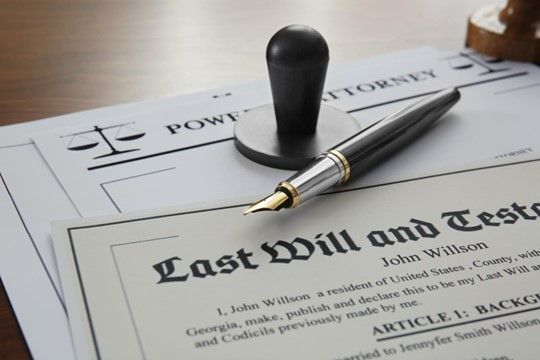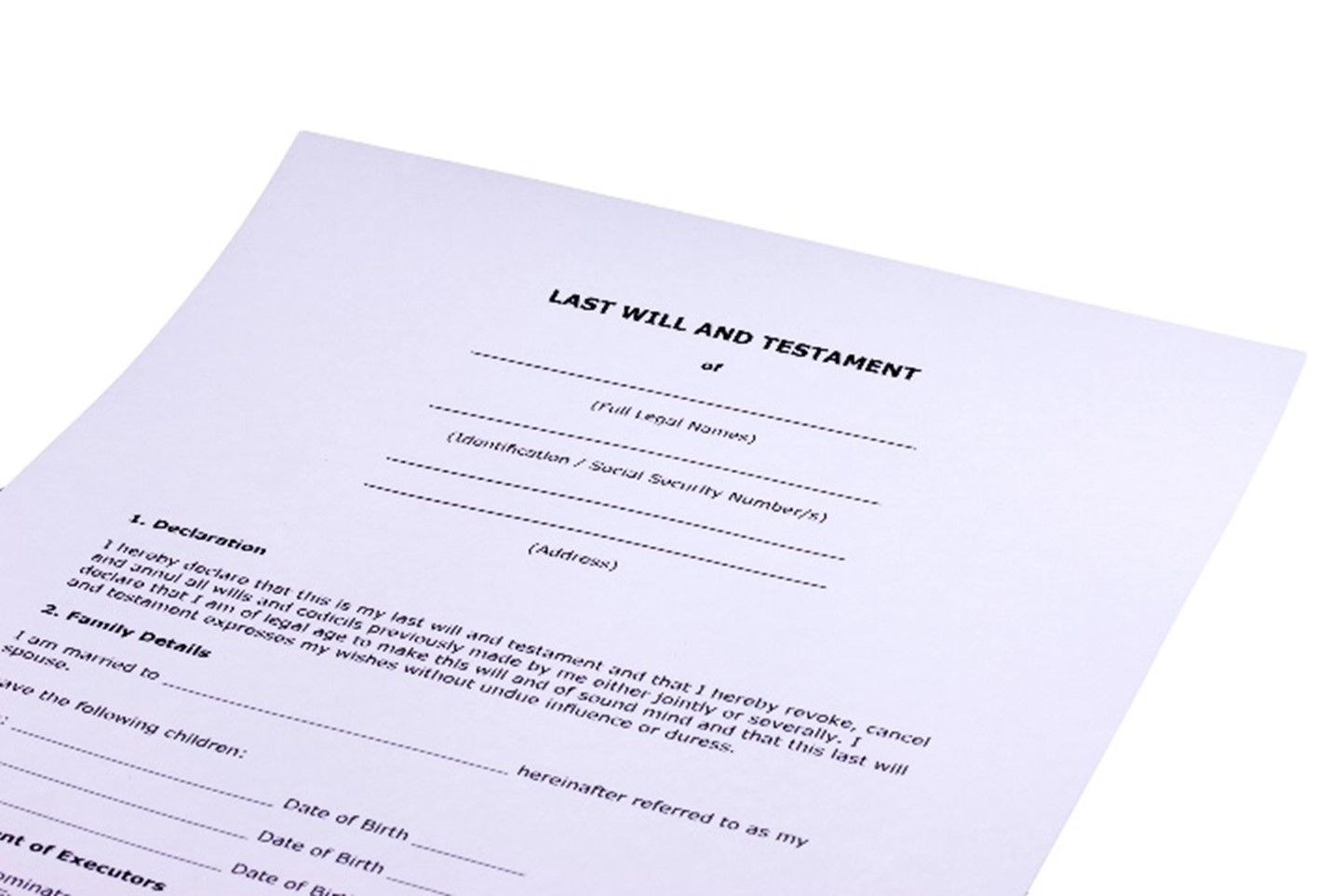Children Bring New Estate Planning Concerns
Many young professionals enter their careers and begin to build wealth without giving much thought to estate planning, life insurance and other long-term financial products and services. Yet, when a child enters the picture, they realize that they need to start planning for their financial future.
Common among young parents today is large amounts of debt, especially credit card debt. It is not unusual for a young 30-something couple to have $30,000 or more in credit card debt, even if they do not have student loans. Many are paying as much as they can toward this debt, while disregarding savings and life insurance policies.
Financial and estate planners will tell you that this is not a good plan. You should first work to build an emergency fund and buy insurance policies that will protect your spouse and children should something happen to you. Then, after you have that protection in place, you should start paying off your debts, beginning with the smallest one and working upwards to the largest balances. By giving yourself the cushion of an emergency fund, you can stop adding to your debts as you work to pay them down.
The only constant in your financial plan is your cash. Banks can lower interest rates on your investments or lower your credit line any time they wish. You cannot depend on banks for your financial security. You can, however, depend on the money you have saved.
Family Estate Planning
When you have a child, you also need to update your estate planning. For instance, even if you have a will, you may need to create a trust to ensure assets go to your children when your children are old enough. You may need to update life insurance policies to reflect any new beneficiaries. You will need to update your will to include that child, particularly for guardianship purposes.
If you have added a child to your family recently or are expecting a new addition soon, schedule a time to talk with an estate planning lawyer. This will ensure that everything in your estate plan includes and safeguards your new child.









